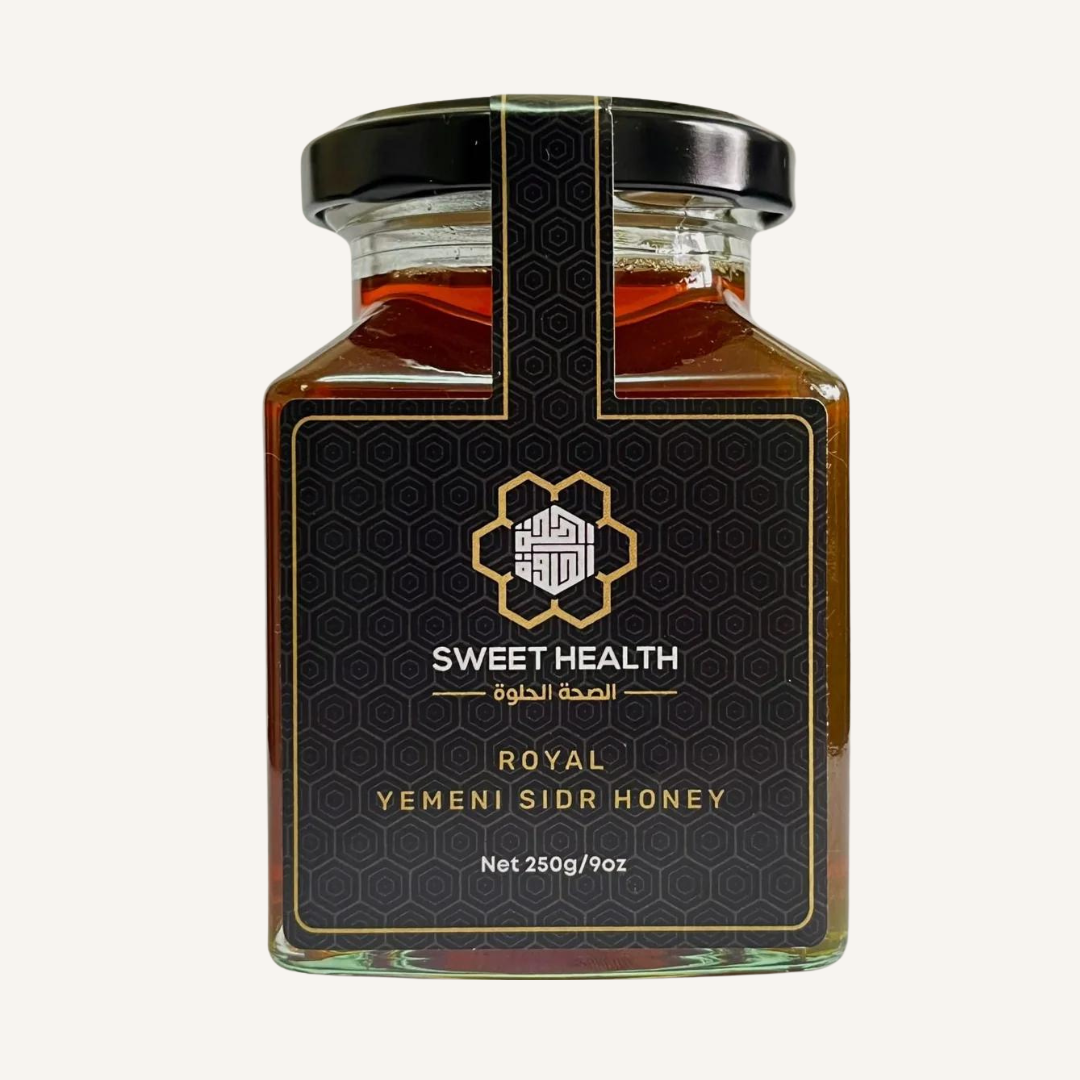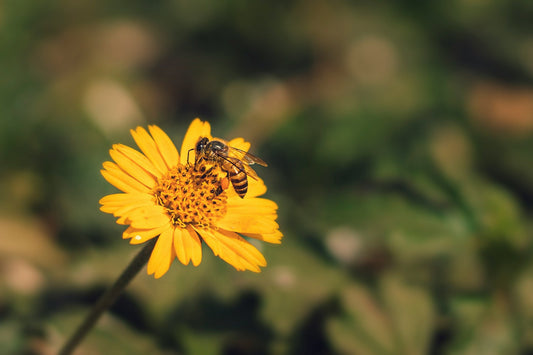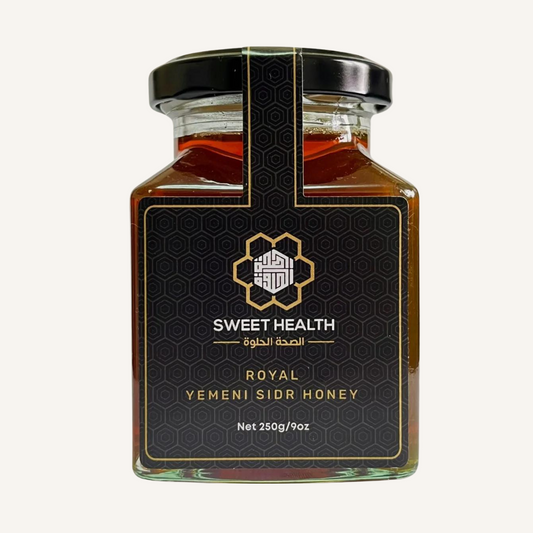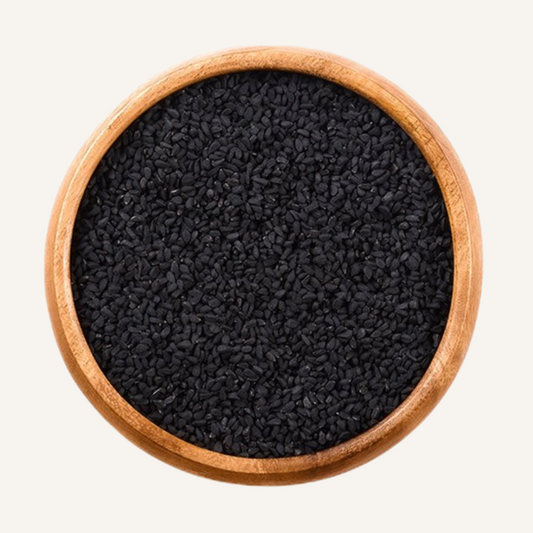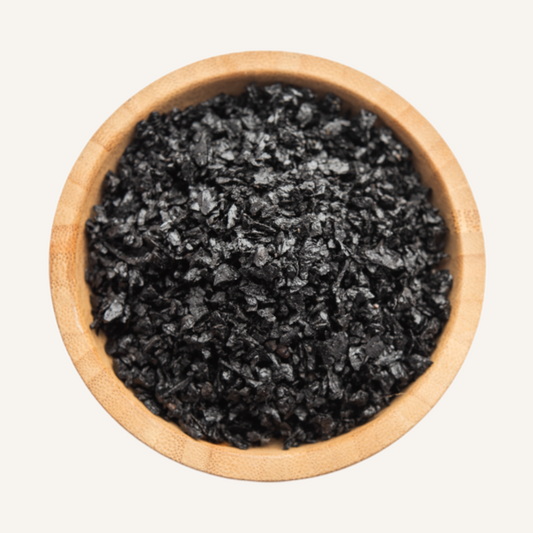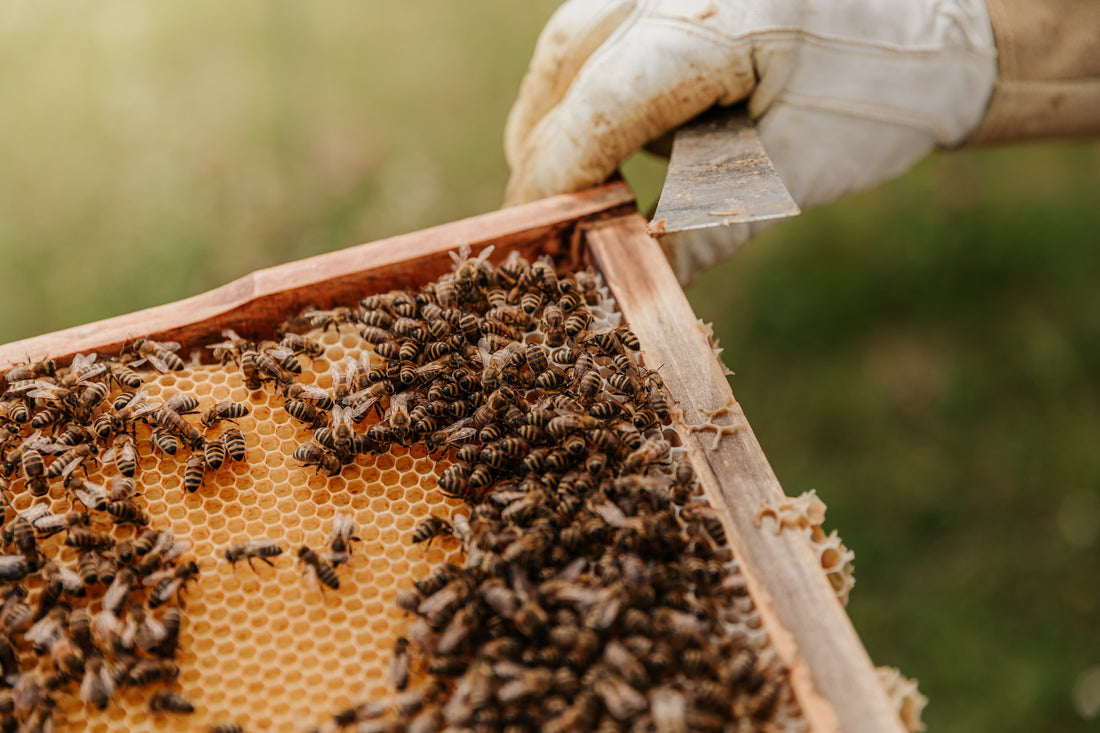
Buzzing with Wonder: Happy World Bee Day!
Abdullaah KhanShare
Introduction:
Welcome to this special blog post in honor of World Bee Day!
On May 20th each year, we come together to celebrate these small yet extraordinary creatures that play a crucial role in our ecosystem. Join us on this journey of discovery as we explore the fascinating world of bees, their importance, and what we can do to protect and support them. Let's dive in and uncover the secrets of these remarkable pollinators!
The Amazing World of Bees
Did you know that bees have been around for over 100 million years? These industrious insects belong to the Apoidea superfamily and are close relatives of wasps and ants. There are over 20,000 known species of bees, each with unique characteristics and behaviors.
Bees are best known for their role as pollinators. They diligently visit flowers in search of nectar and pollen, unknowingly spreading pollen from one flower to another, enabling plants to reproduce. Without bees, our world would be devoid of much of the beauty and diversity we see in nature.
The Buzzing Benefits of Bees
Bees are not just buzzing insects; they are essential contributors to our environment and economy. Here are some fascinating benefits that bees bring to our lives:
-
Pollination Powerhouse: Approximately 75% of the world's food crops rely on pollinators, with bees being the most effective pollinators among them. From fruits and vegetables to nuts and oilseeds, these tiny creatures ensure the growth of the food we depend on.
-
Biodiversity Boosters: Bees support biodiversity by pollinating wildflowers, contributing to the reproduction of countless plant species. This, in turn, sustains ecosystems and provides habitats for other animals.
-
Honey and Beyond: Besides their pollination services, bees produce delicious honey, which has been enjoyed by humans for thousands of years. Beeswax, royal jelly, and propolis are other valuable products that have various uses in industries such as cosmetics, medicine, and crafts.
Bee Conservation and Our Role
Despite their importance, bees face numerous challenges, including habitat loss, pesticide use, climate change, and disease. To ensure the survival of these vital creatures, we must all take part in their conservation. Here are a few ways you can make a difference:
-
Plant Bee-Friendly Gardens: Choose a variety of native plants that provide nectar and pollen throughout the year. Create a haven for bees with flowers like lavender, sunflowers, and wildflowers. Avoid using pesticides and herbicides that can harm bees.
-
Provide Nesting Sites: Bees need suitable places to build their nests. You can install bee hotels or leave patches of bare ground for ground-nesting species. Let fallen leaves and twigs accumulate, creating natural shelter options.
-
Spread Awareness: Educate others about the importance of bees and the challenges they face. Engage in community initiatives, start local beekeeping clubs, or support organizations dedicated to bee conservation.
Conclusion:
As World Bee Day reminds us, bees are not just buzzing insects but essential contributors to our environment, food systems, and overall well-being. By appreciating their remarkable abilities and actively participating in their conservation, we can secure a future where bees thrive and our planet flourishes. So, let's come together, raise awareness, and take action to protect these extraordinary pollinators for generations to come.
Remember, every small step counts! Happy World Bee Day!
